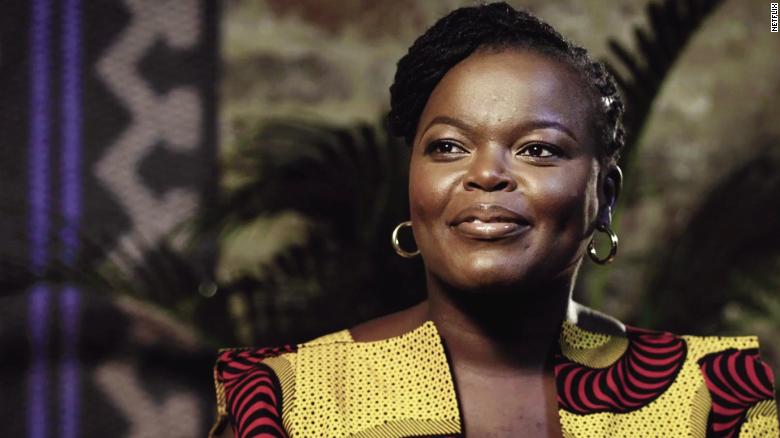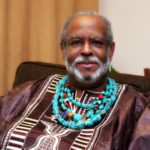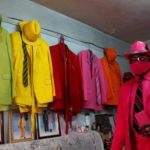As life as we know it was brought to a halt due to the novel coronavirus in the early parts of this year and more and more countries went into lockdown, spending time alone and isolated only meant people had to find new forms of entertainment.
Being one a streaming site with presence in over 190 countries, Netflix had to find new and interesting ways of keeping their subscribers entertained and attract new subscribers.
This is said to have equated to nearly 16 million new paid subscribers in the first quarter of 2020 alone, followed by another 10 million during the second quarter.
With roughly 193 million total subscribers, Netflic is the world’s largest entertainment empires.
But while subscriber numbers are up, filming of new content has halted due to the pandemic, a big blow to the entertainment industry from Hollywood to Bollywood. One bright side, according to Netflix’s chief content officer and newly appointed co-CEO Ted Sarandos during an April earnings call, is that the company’s 2020 lineup is already “largely shot and in post-production remotely.”

Netflix, in order to create a new market and use untapped potential, turned to Africa where they employed Kenyan entertainment veteran and film producer Dorothy Ghettuba as the head of African Original Programming.
Behind the scenes on the set of “Queen Sono,” which was created by Kagiso Lediga.
Speaking in an interview on CNN, Ghettuba breaks down how Netflix has steered its production during this pandemic and also talks about what its expectations are, for more Africa programming.
Dorothy talks about how she has been keeping busy in the era of this pandemic, saying though many of her plans have been killed off. ‘I am finding stories. This is the best time to find stories. What we are doing is we are betting forward. We haven’t slowed down. It’s been about me speaking to writers, looking at scripts, looking at stories and finding the best stories to tell out there.’
She explained the excitement of Africans towards content on Netflix. In her opinion, the appetite for the streaming site is here in Africa and they are not only excited about the local content, but also excited about the class it brings and the sense of pride local content on the site brings.

Dorothy also confirms the rise in demand for streaming services during this lock down period and Africa is no different. She says Netflix is excited that more and more people are turning to them for entertainment whilst they are home.
Addressing the concern of many as to how Netflix will produce content during this health crisis and the pandemic, Dorothy Ghettuba said: ‘I think this crisis has made everybody pause and now we really have to relook at how we produce. Productions take place in pretty intimate, high-touch environments with hundreds of artists, people and creators all together in close quarters. So for us in the short term, these practices will have to be changed.’
She goes on to add that her biggest challenge during this time was; ‘Can I say power cuts and load shedding and data? Those infrastructural challenges are the things that keep us up at night as an organization. And it is a big challenge across many African countries. So we’re just trying to find solutions. We’re trying to say, ‘how can we make our services as data-effective as possible?’

Talking about the future plans of Netflix in line with international productions and the massive budget it’s allocated to this project, the movie producer says Netflix has a global catalog that enables all of its memebers to watch the shows at the same time.
She stressed that this was why originals are very very important to the streaming house. Ultimately, Netflix hopes to be the of best-in-class African stories, the one-stop place for the best African stories.
Dorothy Ghettuba concluded her interview sharing her hopes for the African continent to explore and probably export talents, ‘Our shows are broadcasting in over 190 countries. Surely that is the fastest way to export our stories and our culture to the rest of the world. It’s always been, “I have to go and I have to make it in Hollywood,” but now you can be a superstar in your backyard. Netflix is that vehicle and if you look at the stories we are telling, our culture is there. We believe rich stories can come from anywhere and can be loved everywhere across the world. We want our African stories to be watched across the globe.’














